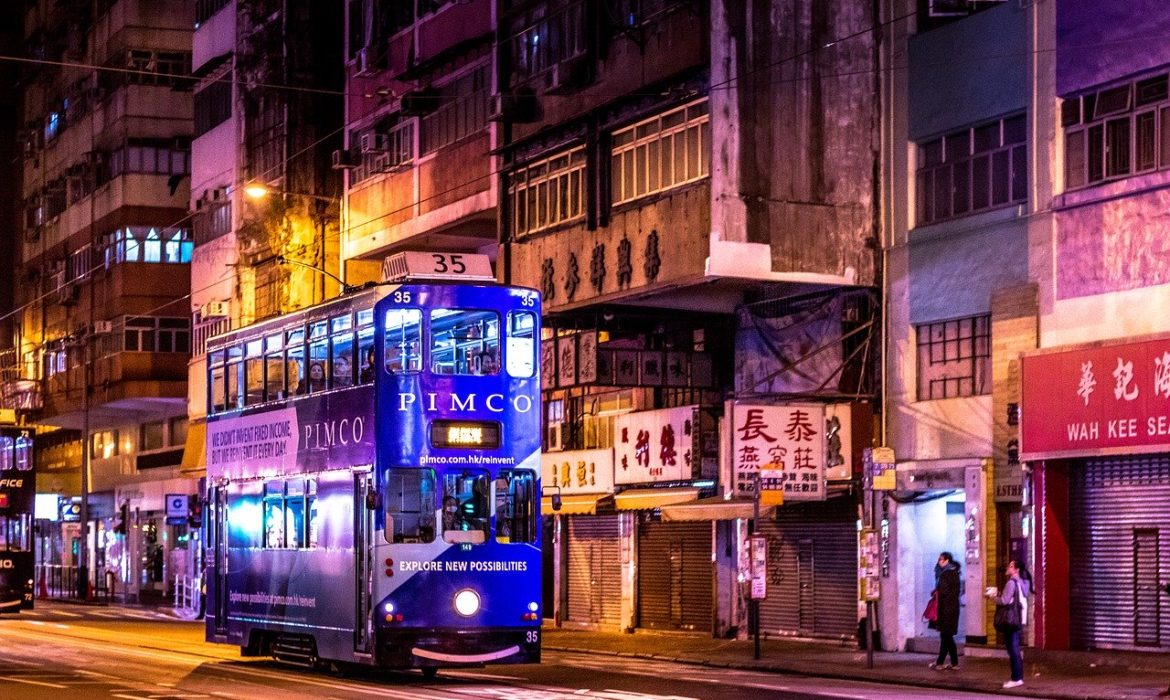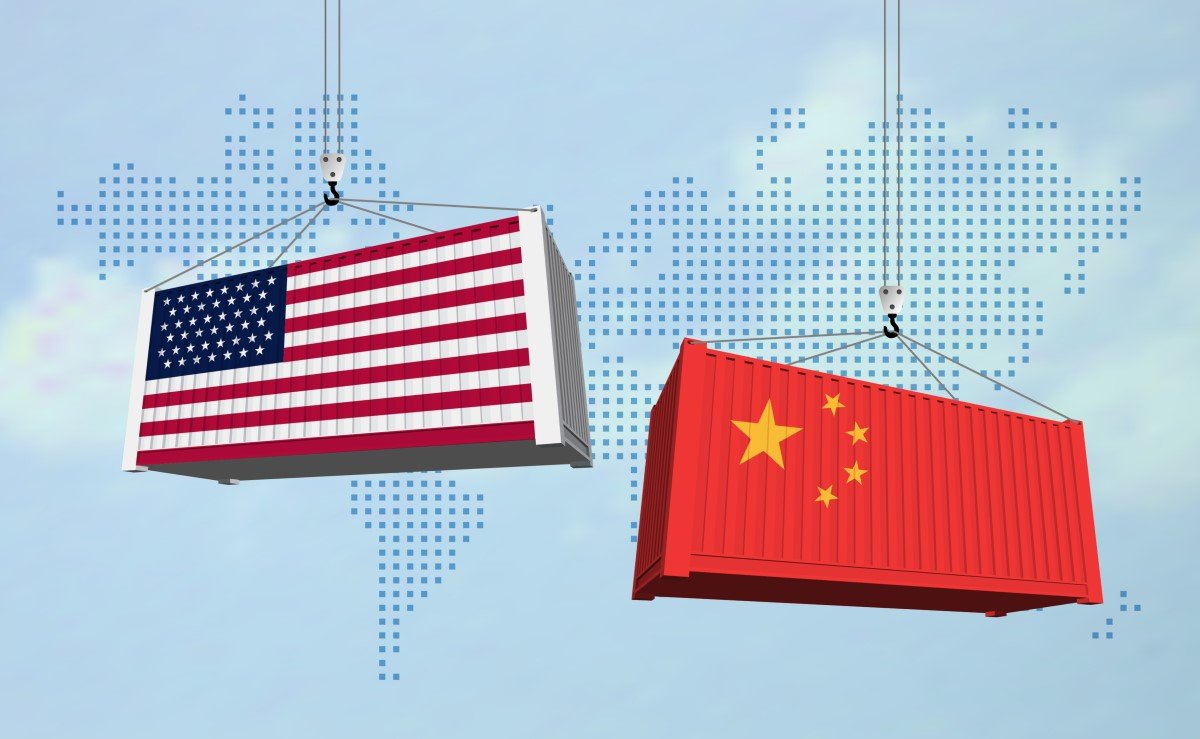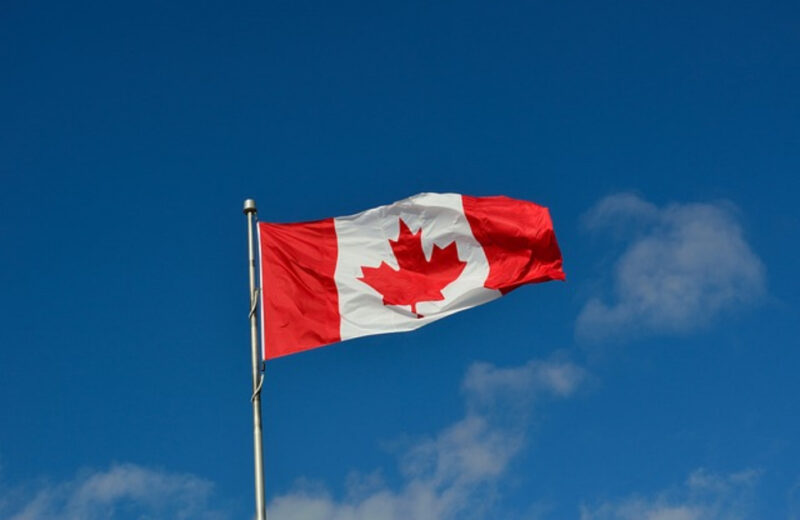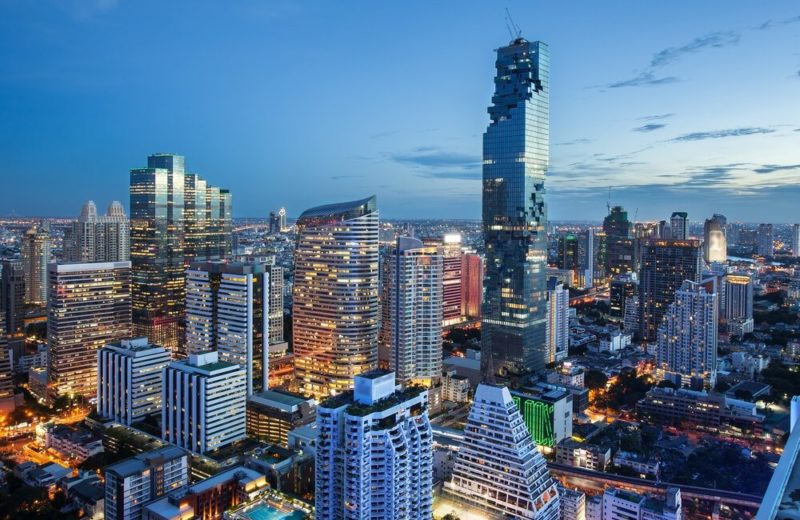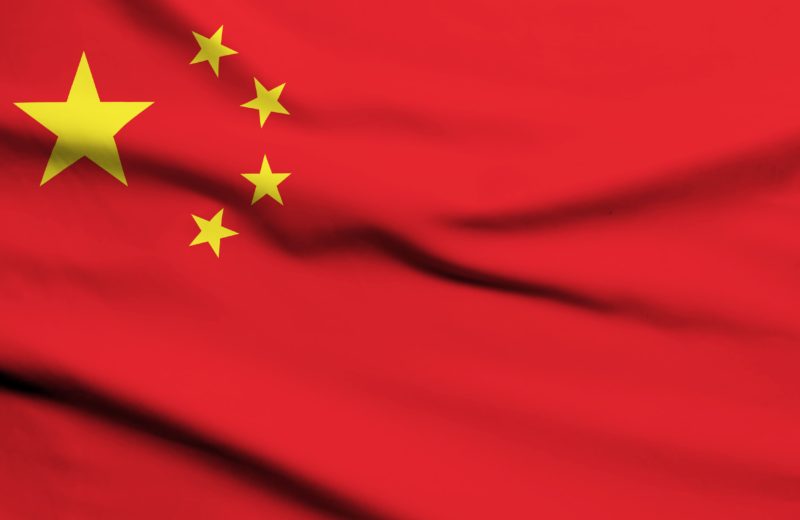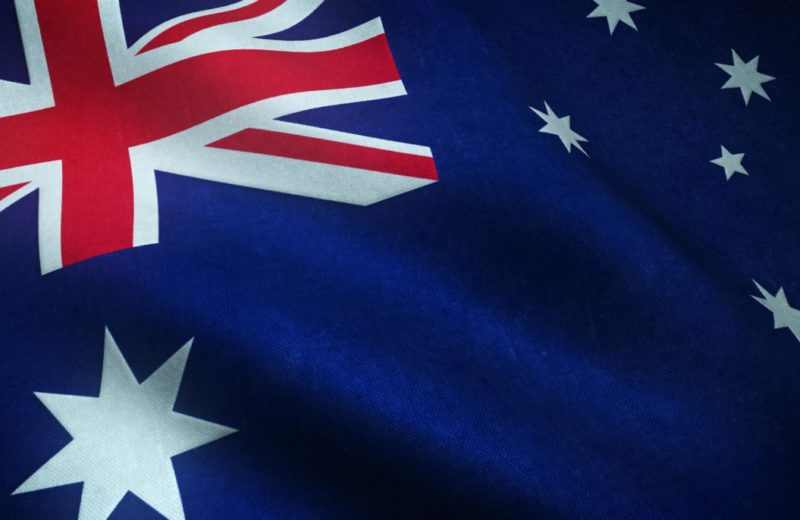The unemployment rate in Hong Kong eased slightly, to 6.1 percent, in July. A newly launched government wage subsidy cushioned the rate. Nevertheless, analysts and officials are warning that joblessness will most probably worsen in an economy still ravaged by the coronavirus pandemic.
The unemployment rate stood at 6.1 percent in the rolling three-month period between May and July. Meanwhile, the unemployment rate was at 6.2 percent from April to June. That is what the Census and Statistics Department revealed on Wednesday.
The slight improvement ended a nine-month run of rising unemployment. This happened because the city’s recession continued to deepen. This is the result of the triple whammy of the raging public health crisis, last year’s social unrest, and the China-United States tensions.
Nevertheless, regarding the jobless rate, the slight fall means a more than 15-year high.
Dr Law Chi-kwong is Secretary for Labor and Welfare. He warned that the labour market would remain under significant pressure in the near term.
He said that the recent surges in infected cases both locally and worldwide have further clouded Hong Kong’s economic outlook for the rest of the year.
Moreover, he added that the government has rolled out relief measures of unprecedented scale to preserve the vitality of the economy. Its measures included a series of measures on job creation and job retention. Thus, it will help keep workers in employment.
Total employment increased by around 16,600 to 3.63 million between May and July. Furthermore, 1,800 more people were out of work, taking the total to 242,500.
Hong Kong
Hong Kong returned to near-total lockdown mode in early July. This happened because of the third wave of Covid-19 infections.

The tightened social-distancing rules hit several industries, those in hospitality, hotel, retail, and dealing in beverages. The rules limit public gatherings to two people and banned restaurant dine-in services from 6 pm to 5 am.
George Leung Siu-kay is the Hong Kong General Chamber of Commerce CEO. He said that, without the government’s HK$81 billion subsidy scheme, the unemployment rate could have shot up to more than 8 percent.
He said that the latest unemployment situation remains worrisome despite its stalling for the second month at the current level.
Nevertheless, they believe that the striking balance between relaunching the economy and stricter controls on social activities is essential. This is because fiscal support is neither a sustainable nor an ideal solution. A local business will most probably close down un number exponentially over the next three to four months if they are unable to do business.
Paul Tang Sai-on is Bank of East Asia chief economist. He said that the slight improvement in the jobless rate did not point to any positive outlook. He also said that he had not seen any light in the tunnel.
Tang said that Hong Kong and countries like New Zealand had a new wave of coronavirus cases. Thus, this disrupted economic recovery.
He called on companies to figure out alternative plans. They could generate business with tourists not forecasted to return for some time during the global restrictions on travel.


